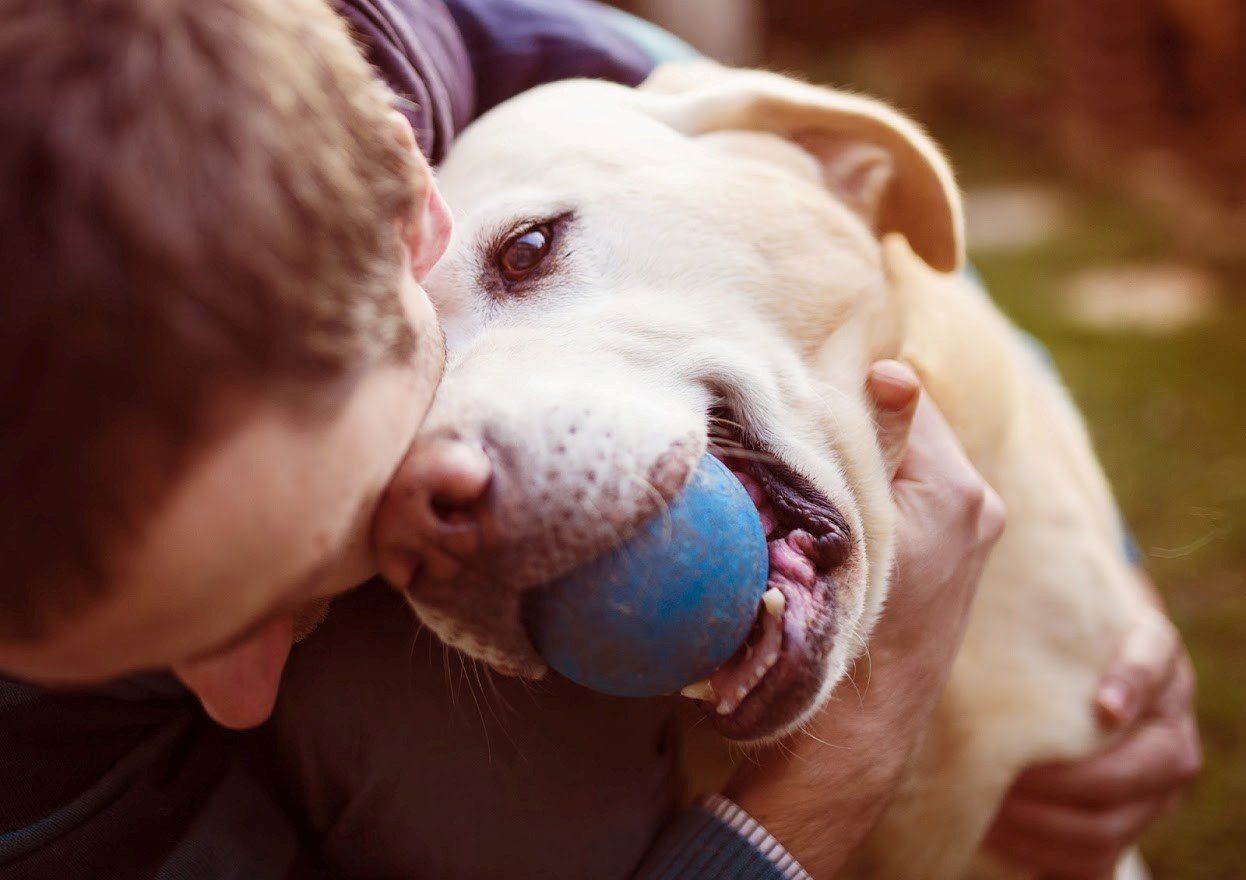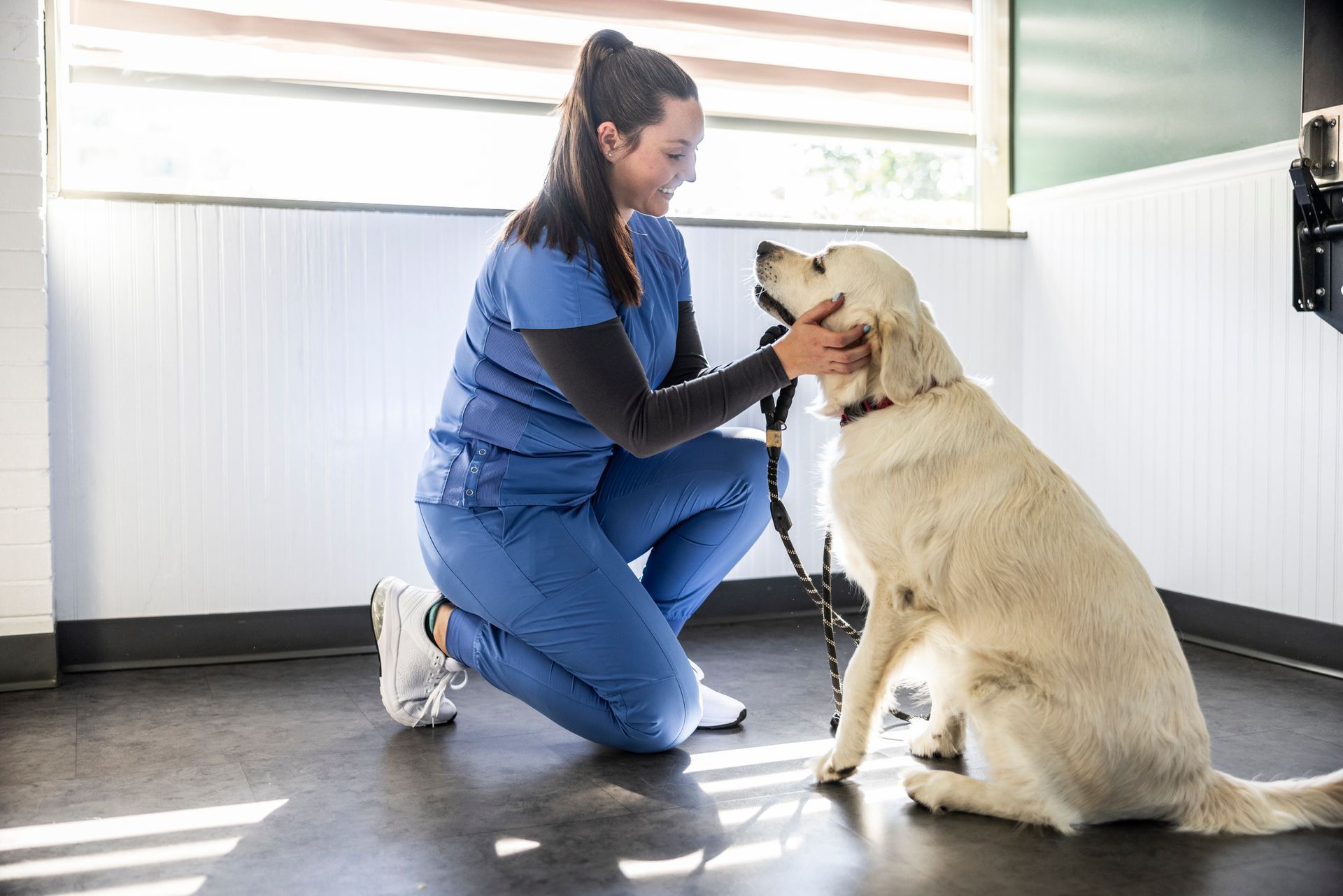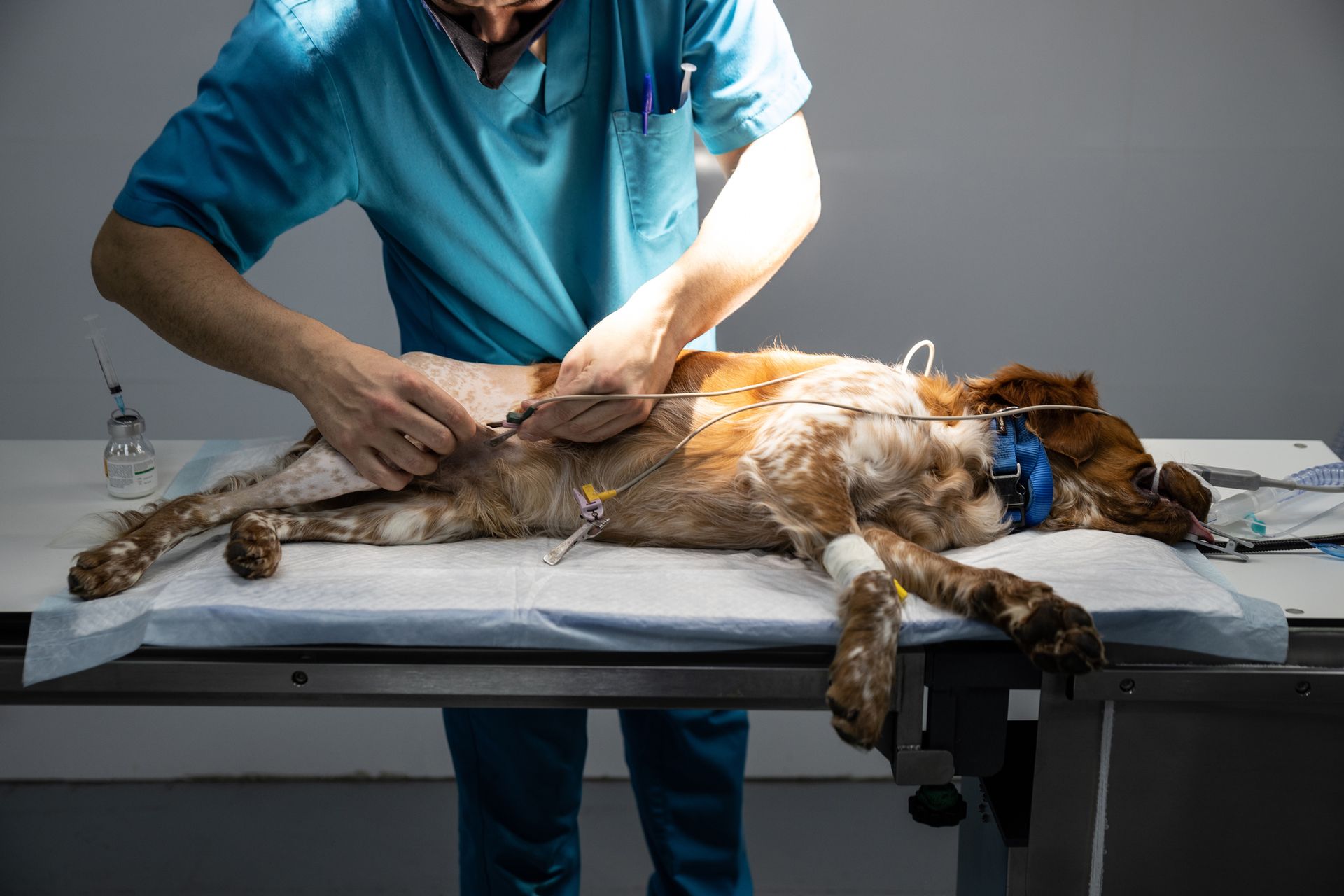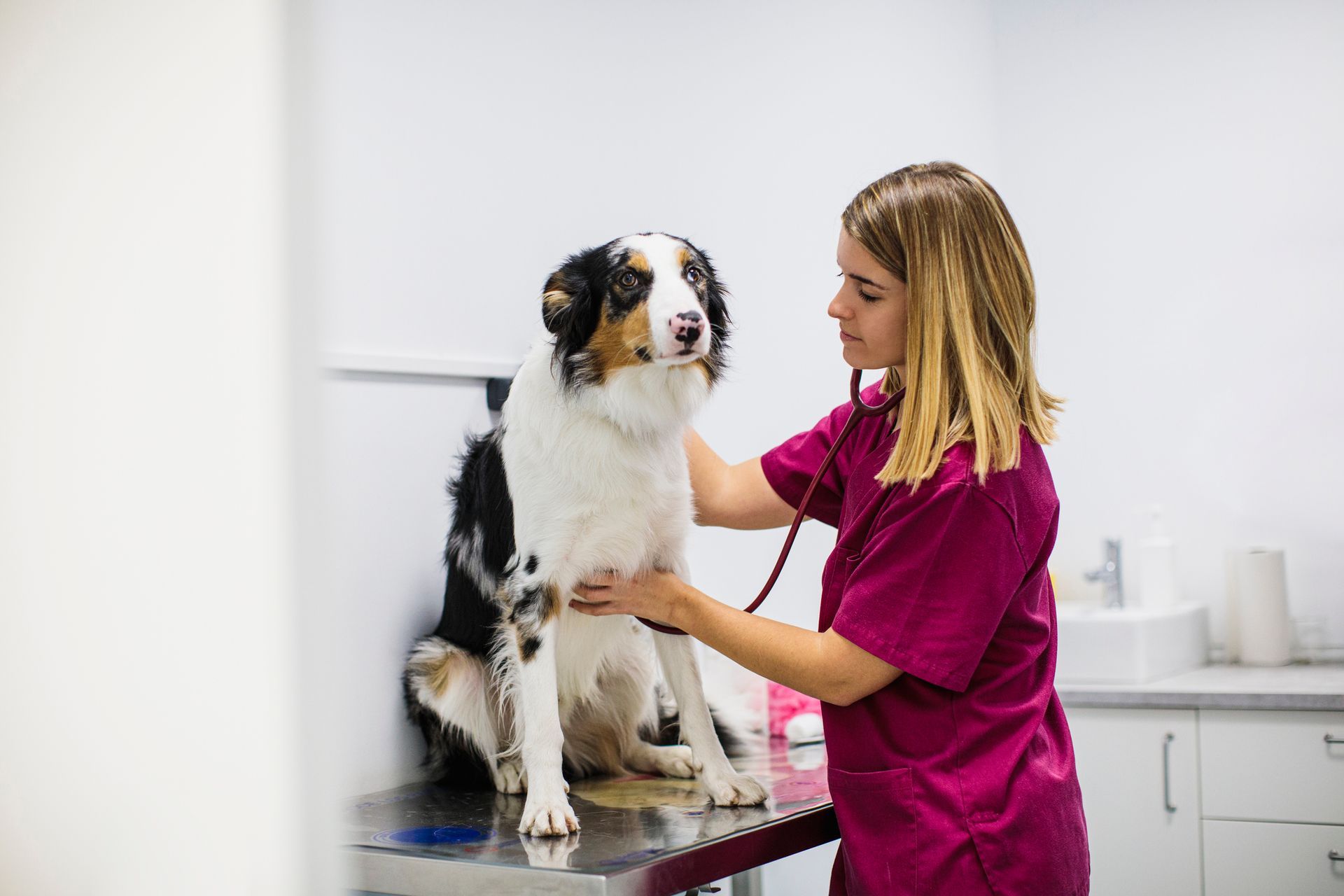5 Possible Causes of Inappropriate Elimination in Pets

Assuming that you have taken all the necessary steps to litter train or housebreak your pet, you may feel both frustrated and concerned to see evidence to the contrary on your floors or other household surfaces. Animals can suffer from many issues that can override such training, resulting in inappropriate elimination.
The more you understand about the possible causes of this problem, the more easily you and your veterinarian can determine what kind of assistance your beloved friend may require. Take a look at five common issues that can lead to urinary or fecal incontinence in pets.
1. Digestive or Urinary Ailments
A variety of diseases and disorders can affect your pet's digestive or urinary system, disrupting the normal timing of bowel movements or urination. These changes may trigger a sudden need to urinate or defecate, giving your pet little or no chance to reach the litter box or get outdoors in time to prevent accidents.
Weakening of the bladder muscles, prostate problems, urinary tract infections, kidney diseases, bladder stones, Cushing's disease, and nerve damage can all lead to urinary incontinence in animals. Anal sac infections, muscle or nerve issues in the anal sphincter, parasites, and bacterial infections can cause fecal incontinence.
2. Diabetes
Diabetes, a common problem in the human population, can strike pets as well. When the animal's body can't produce or use insulin properly, blood sugar levels can go out of control. Elevated blood sugar can damage nerves over time, potentially contributing to the loss of bladder or bowel control on pets.
One common side effect of diabetes involves increased urine production as the kidneys work extra hard to rid the body of excess sugar. The loss of water may also trigger intense thirst, causing your diabetic pet to fill its bladder with that much more water. Under these circumstances, your pet may urinate frequently and unpredictably.
3. Food Allergies
Food allergies can cause a wide range of symptoms and complications in pets, including irregular bowel function. If your pet experiences an allergic reaction to a particular menu ingredient in its everyday diet, it may struggle with both gas and diarrhea. A sudden attack of diarrhea may force an unavoidable episode of inappropriate elimination.
Pets can experience similar digestive symptoms from a food sensitivity as opposed to an actual allergy. If you need help telling the difference between the two problems, watch your pet for other allergy symptoms that a food sensitivity wouldn't produce. Examples include hives, a swollen face, chronic ear infections, and breathing problems.
Your veterinarian can confirm the nature of your pet's food-related incontinence by running tests to check for the presence of allergy antibodies. An elimination diet, which switches out one suspected allergen at a time until the symptoms finally stop, can pinpoint a specific ingredient that your pet needs to avoid.
Common pet food ingredients known to set off allergic reactions include eggs and other dairy products, chicken, beef, and certain grains such as corn and wheat. Cats can sometimes prove allergic to fish as well. Your veterinarian can put your pet on a hypoallergenic diet to prevent the digestive issues caused by a food allergy.
4. Age-Related Conditions
As pets age, they develop physical limitations that can make it difficult for them to urinate or defecate in the preferred spot on a reliable basis. One such limitation often stems from degenerative joint diseases such as osteoarthritis. Stiff joints can greatly slow your pet's journeys to the litter box or doggy door.
Age-related dementia can also cause inappropriate elimination in senior pets. For example, canine cognitive dysfunction syndrome, the dog equivalent of Alzheimer's disease, develops to some degree in most dogs after the age of eleven. In these situations, a confused pet may not recognize the signal to urinate or defecate.
Pets suffering from age-related incontinence may need special accommodations. For instance, your veterinarian may recommend a dog or cat bed that sits lower to the ground, making bathroom trips easier. Pet diapers can protect your home against accidents, while treatments that ease joint stiffness may improve mobility.
5. Anxiety
Emotional issues can sometimes push a pet to eliminate inappropriately. Anxiety can cause both dogs and cats to urinate or defecate in the wrong place. Some pets may have this problem if they experience separation anxiety when left alone in the home. A new pet in the household or a move to a new home may also trigger anxiety.
Pets who suffer from anxiety may benefit from medications and/or behavior modification training. You might need to gradually accustom your pet to the presence of another animal or a new home until your pet no longer feels upset by this change. Your veterinarian can recommend specific strategies and treatments.
If your pet experiences problems with inappropriate elimination, bring it to South Seattle Veterinary Hospital. Our team can provide the necessary evaluations, treatments, and owner guidance to help you and your special family member overcome or manage this challenge. Contact our office to request an appointment.










